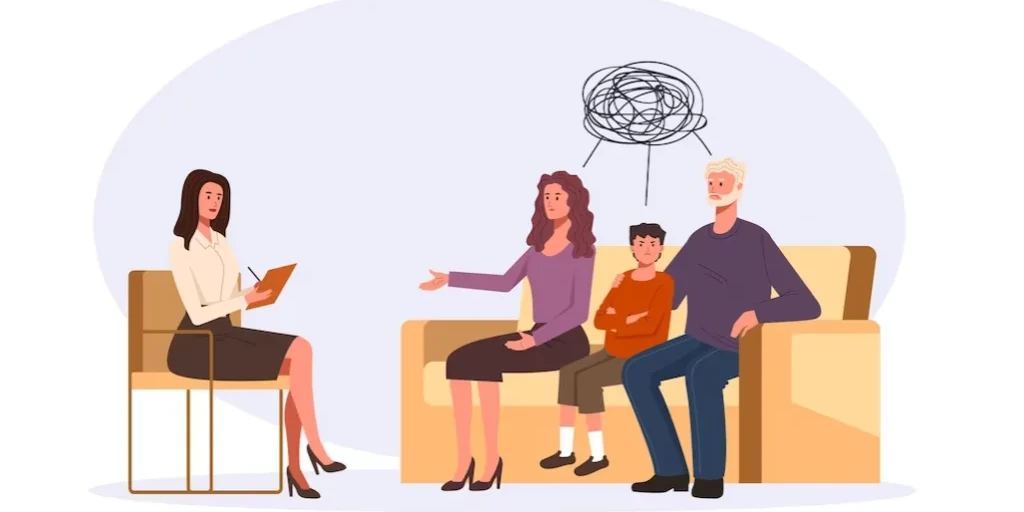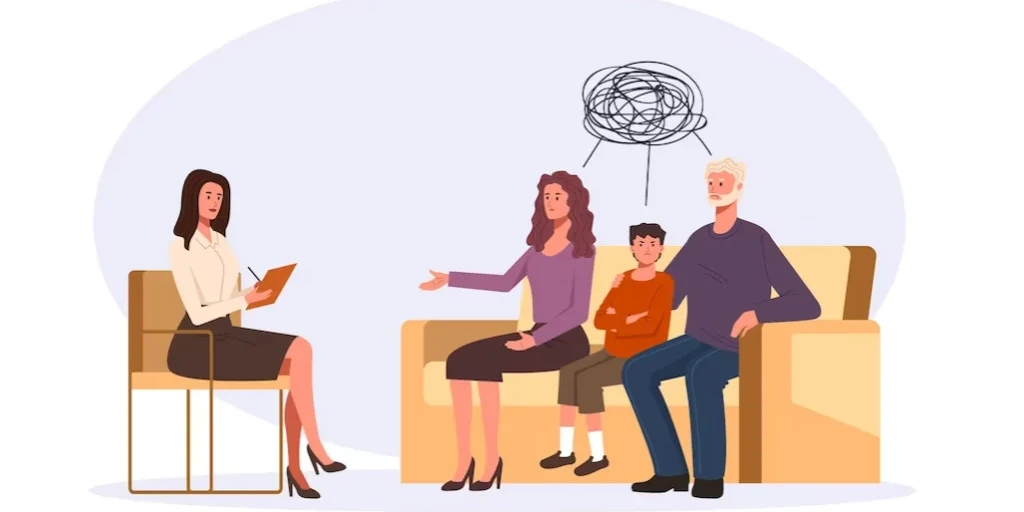24/7 Helpline:
(866) 899-111424/7 Helpline:
(866) 899-1114
Learn more about Depression Treatment centers in Manor
Depression Treatment in Other Cities

Other Insurance Options

PHCS Network

Regence

Lucent

Humana

Meritain

Carleon

Ambetter

Health Choice

Evernorth

CareFirst

BHS | Behavioral Health Systems

Coventry Health Care

Group Health Incorporated

WellCare Health Plans

Covered California

Oxford

Self-pay options

Choice Care Network

Cigna

EmblemHealth

BRC Benchmark Recovery Center
Located in Manor, Texas, BRC Benchmark Recovery Center offers alcohol and drug rehab services to men...

BRC Recovery
BRC Recovery stands as an accredited drug and alcohol addiction treatment rehab in Manor, Texas. Usi...

New Hope Ranch
New Hope Ranch is a private rehab located in Manor, Texas. New Hope Ranch specializes in the treatme...


Sober City – Windsor New Life Ranch
Sober City – Windsor New Life Ranch is a private rehab located in Manor, Texas. Sober City – Windsor...

Cedar Creek Recovery
Cedar Creek Recovery is a Drug and Alcohol Addiction Treatment Center focused on changing the lives ...


Treatment Center of America – Waycross Location
Treatment Center of America – Waycross Location is a private rehab located in Waycross, Georgia. Tre...

Unison Behavioral Health Services – St. Illa Center
Unison Behavioral Health Services - St. Illa Center is a 26 bed residential treatment program for me...

Unison Behavioral Health – Mary Street
Unison Behavioral Health - Mary Street is a leading provider of mental health, substance abuse and d...

























Bethesda Recovery
Bethesda Recovery is a private rehab located in Waycross, Georgia. Bethesda Recovery specializes in ...

AA – Alcoholics Anonymous
AA – Alcoholics Anonymous is a non-profit rehab located in Waycross, Georgia. AA – Alcoholics Anonym...

Unison Behavioral Health – Garden Gate Residential
Unison Behavioral Health - Garden Gate Residential is a women's specific 14 bed long-term residentia...

Unison Behavioral Health – Ware County Adult Day Program
Unison Behavioral Health – Ware County Adult Day Program is a public rehab located in Waycross, Geor...

Unison Behavioral Health – Ware County
Unison Behavioral Health – Ware County is a public rehab located in Waycross, Georgia. Unison Behavi...

Unison Behavioral Health – Church Street
Unison Behavioral Health - Church Street is a leading provider of mental health, substance abuse and...

Unison Behavioral Health – Williams Street
Unison Behavioral Health - Williams Street is a leading provider of mental health, substance abuse a...




























